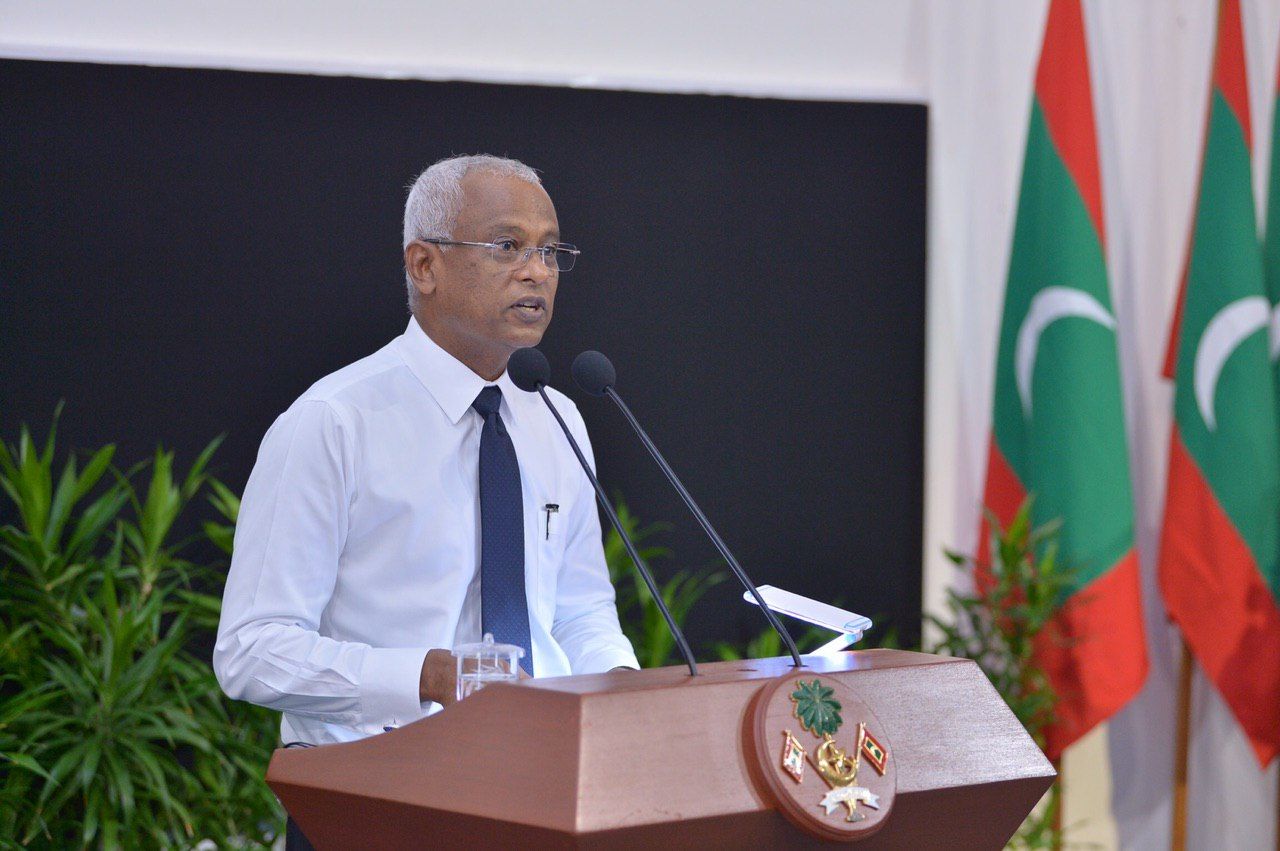First degrees in Maldives made tuition-free
President Solih launched a scheme to cover fees at the two government universities and private colleges.

14 Feb 2019, 09:00
President Ibrahim Mohamed Solih launched Thursday morning a free education scheme for students pursuing first degrees in the Maldives, a key campaign pledge and signature policy initiative of the new administration.
Students at the Maldives National University and Islamic University of Maldives will no longer have to pay course fees, President Solih declared at a launching ceremony at the MNU.
The scheme will also cover “a very high percentage” of course fees at private colleges, he added, urging youth to make use of the unprecedented “golden opportunity.”
The MVR3.4 billion (US$220 million) allocated for the education sector in 2019 is the highest in the country’s history, Solih said, stressing the importance of “creating a generation of educated youth” to ensure national development.
Become a member
Get full access to our archive and personalise your experience.
Already a member?
Discussion
No comments yet. Be the first to share your thoughts!
No comments yet. Be the first to join the conversation!
Join the Conversation
Sign in to share your thoughts under an alias and take part in the discussion. Independent journalism thrives on open, respectful debate — your voice matters.




